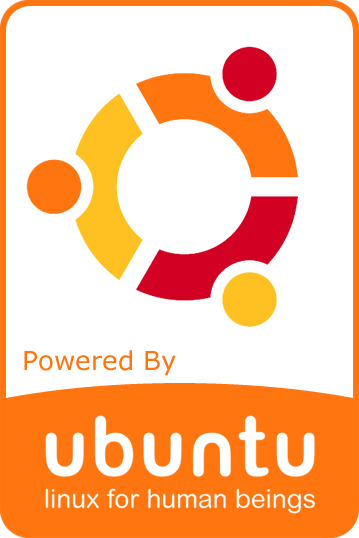 Linux is the poster child of open source computing. It is valiantly standing its ground against Microsoft and has been able to carve a niche for itself in the operating system market. But in order to thrive, Linux needs to go and expand its market. It is doing that by going mobile. It was recently announced that Ubuntu, one of the most popular Linux distributions, is venturing into other devices like tablets, phones, TV and other smart screens that will be installed in offices, kitchens, and other spaces. The announcement also indicated that all these mobile Ubuntu powered devices can connect “cleanly and seamlessly to the desktop, the server and the cloud.â€
Linux is the poster child of open source computing. It is valiantly standing its ground against Microsoft and has been able to carve a niche for itself in the operating system market. But in order to thrive, Linux needs to go and expand its market. It is doing that by going mobile. It was recently announced that Ubuntu, one of the most popular Linux distributions, is venturing into other devices like tablets, phones, TV and other smart screens that will be installed in offices, kitchens, and other spaces. The announcement also indicated that all these mobile Ubuntu powered devices can connect “cleanly and seamlessly to the desktop, the server and the cloud.â€
This announcement from Ubuntu is a tall order. The picture being painted is one that majority of gadget users are actually asking for. But will it be able to deliver?
Ubuntu has been able to provide computer users a great alternative to the Mac OS/Windows environment. A great Linux based operating system that is easy to use and, most importantly for a lot of people, free.
Ubuntu’s mission to make using Linux easier to use has been a success and now the inevitable move is to conquer the mobile world. The decision to conquer the mobile space is not rash decision. There have been indications that Ubuntu is slowly readying itself for mobile platforms. For instance, it has already incorporated support for multitouch gestures and also making sure that Ubuntu will work with ARM processors – the preferred processors for a majority of mobile devices.
 There are indications that in the event Ubuntu enters the mobile market, it could actually do well. For instance, Ubuntu has already made headway in terms of having a tight user interface — and couple with it being free – it has two great reasons why users would gravitate towards it. From the development side, Ubuntu is also a winner. As an operating system it is very easy to tweak and this will allow developers to tinker with the OS and improve on it more swiftly.
There are indications that in the event Ubuntu enters the mobile market, it could actually do well. For instance, Ubuntu has already made headway in terms of having a tight user interface — and couple with it being free – it has two great reasons why users would gravitate towards it. From the development side, Ubuntu is also a winner. As an operating system it is very easy to tweak and this will allow developers to tinker with the OS and improve on it more swiftly.
A big question though is how Ubuntu is going to compete in a space that is dominated by iOS and Android. One thing it has going against it is that it’s not the first Linux mobile operating system – that distinction goes to Android and it has the powerful backing of Google to boot. Additionally, there’s still the perception that Linux is only for people with hardcore computer skills. — a perception that may have been true for Linux distributions years ago but never for Ubuntu. Hurdling this initial obstacle will play a big role in the public’s acceptance of Ubuntu as a mobile operating system.
Another issue Ubuntu will have to address is the very same problem Android is experiencing right now – the uniformity of the OS across different manufacturers and devices. Ubuntu, like Android, is open source. This means that device manufacturers can tweak the OS and personalize it, this has created a bit of confusion and makes deployment of updates a problem. But Ubuntu looks like it is making sure that this issue won’t be a problem by making sure that everything will exist identically across all devices. How it will do that will be interesting to see.
Needless to say, the entry of Ubuntu in the mobile OS market is a welcome one and will help in the further evolution of smartphones and smart devices.
Originally posted on November 3, 2011 @ 5:45 pm

Adoro me mostrar peladinha na web cam